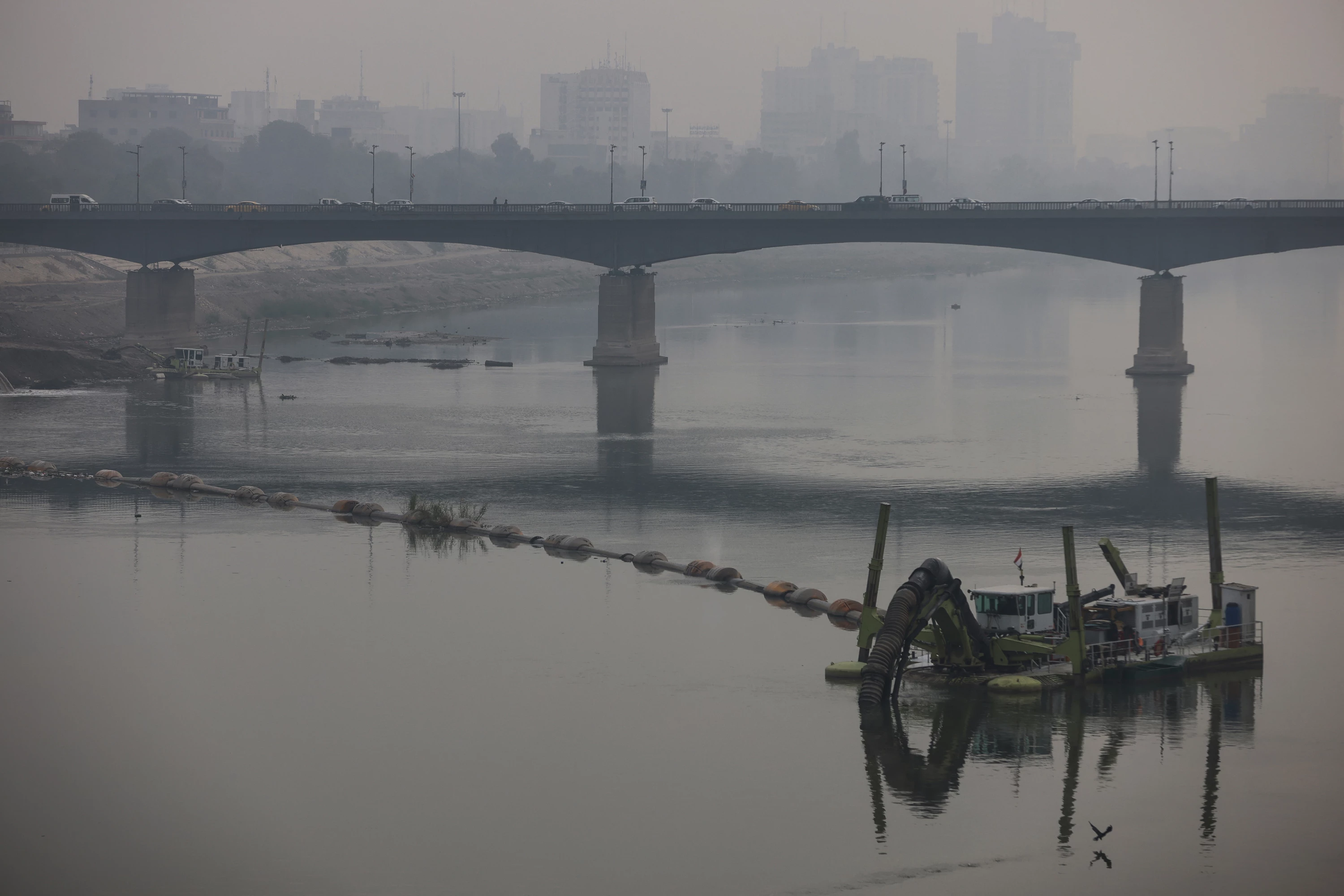ERBIL, Kurdistan Region of Iraq - Iraq’s environment ministry on Thursday said recent measures taken decreased air pollution and improved weather quality in Baghdad, with the Iraqi capital ranking among the world’s most polluted cities.
Baghdad, ranked the 13th globally among the world’s most polluted cities, has been experiencing intense pollution over the past few days, with a lack of environmental control and excessive waste burning exacerbating the effects.
“The intensive measures taken by the Ministry of Environment during these two days have greatly contributed to improving air quality in Baghdad, in addition to improving the weather conditions,” ministry spokesperson Luay al-Mukhtar told state media, without providing details on the measures.
Experts say the dust in Iraq contains 37 types of harmful minerals, as well as 147 strains of bacteria and fungi.
Mukhtar stressed “the need for attention to this issue not to be temporary or only concurrent with severe crises,” calling on all parties to adhere to environmental standards.
On Thursday, Baghdad’s Operations Command closed Camp Rashid in the capital’s southeast to reduce environmental pollution caused by unregulated waste burning, which violates health and environmental regulations.
The Iraqi Observatory for Human Rights (IOHR) warned that Iraq is experiencing one of the worst levels of air pollution in the wider region and that it is “breathing danger.” It cited the lack of environmental control, expanding emission sources, and arbitrary burnings as the main causes.
According to reports, some industrial companies, such as asphalt, brick, and oil-related facilities, continue to exceed admission limits with few consequences.
Last month, Pollution levels of PM2.5, a dangerous particulate matter, soared to around 110 micrograms per cubic meter in Baghdad, far exceeding the World Health Organization’s recommended limit of five micrograms per cubic meter, according to Swiss agency IQAir’s real-time air quality report.
The rise in air pollution has led to an increase in respiratory illnesses across the country, according to officials.
Iraq is among the countries most affected by climate change globally. Dropping water levels and increasing dust storms have led thousands to be displaced across the country. The United Nations ranks Iraq among the world's five most climate-vulnerable nations.
In March, the UN’s International Organization for Migration (IOM) said over 28,000 families, numbering more than 170,000 individuals, remain displaced because of climatic factors across 12 Iraqi provinces.



 Facebook
Facebook
 LinkedIn
LinkedIn
 Telegram
Telegram
 X
X


